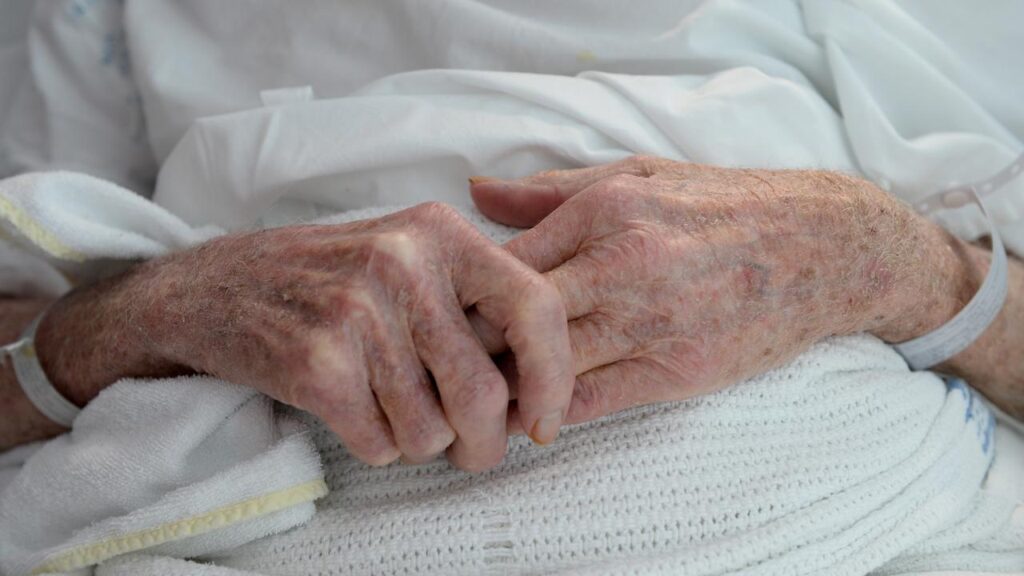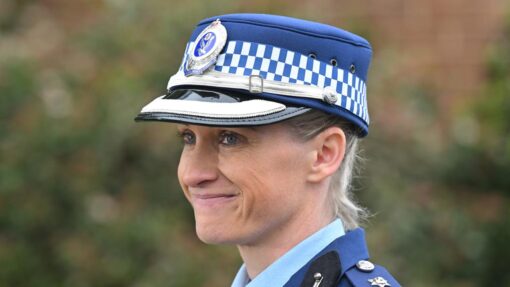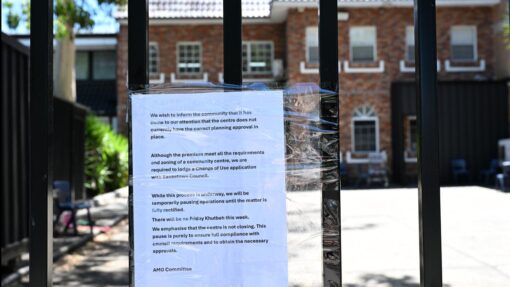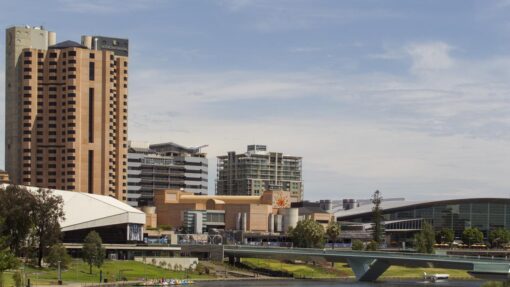Dying on ‘own terms’ to get easier in law refresh
Callum Godde |

A terminally ill young man who legally ended his life on his own terms is set to get his dying wish of easier access for others.
Alex Blain, 28, endured 19 rounds of chemotherapy before taking his assisted dying medication on January 5, 2021.
No drug or treatment during his illness with cancer gave him as much comfort, energy or dignity as being approved to use the assisted dying medication, his fiancee Liz Tower said.
“In Alex’s words, voluntary assisted dying gave me my life back just as I started dying,” she told reporters.
Ms Tower spoke flanked by Premier Jacinta Allan and Health Minister Mary-Anne Thomas, who confirmed 13 changes Victoria’s voluntary assisted dying laws in legislation introduced to parliament on Tuesday afternoon.
Mr Blain was “one of the lucky ones” among the 1683 terminally ill people to access Victoria’s voluntary assisted dying scheme since 2019.
But before his death he felt anxious thinking about how older people or those that didn’t speak English could access the scheme.
“The changes being announced today are exactly what Alex hoped for,” Ms Tower said.

“These reforms ensure that others can receive the same gift, the freedom to choose and the dignity to do so on their own terms.”
Under the reforms, a gag on doctors initiating voluntary euthanasia conversations would be lifted.
The life expectancy barrier for eligibility would be extended from six to 12 months for all patients, a third assessment requirement for neurodegenerative patients removed and the time between first and final VAD requests shortened from nine to five days.
Even doctors and registered health practitioners who conscientiously object are set to be required to provide minimum information.
The reforms would also grant an exemption to the Victorian resident rule for people with “strong ties” to the state and recognise some NSW and SA residents often access healthcare across the border.
Victoria was the first Australian state to legalise euthanasia, with Western Australia, Queensland, NSW, Tasmania and South Australia following suit.
The Northern Territory is the only jurisdiction without a scheme.
A legislated five-year review into Victoria’s laws found the scheme was working as intended but pointed out safeguards were impeding access.

Ms Thomas described the legislation as “thoughtful” and would bring Victoria up to speed with other states once implemented in about 18 months.
“There’s nothing that we are introducing that is not already in place in another state, or indeed in the ACT,” she said.
She has separately written to Attorney-General Michelle Rowland calling for the federal government to change the criminal code to allow doctors across the country to provide voluntary assisted dying services via telehealth.
Under the code, it is illegal to use a carriage service to promote suicide and the Federal Court ruled in 2023 that the ban also extended to voluntary assisted dying services.
“I’ve not received correspondence back from my latest letter,” Ms Thomas said.
Ms Allan confirmed Labor MPs would be offered a conscience vote on the bill, as was the case when the original laws passed state parliament in 2017.
Opposition Leader Brad Battin, who voted against the first iteration of the legislation, said Liberal colleagues would be afforded the same freedom.
AAP


